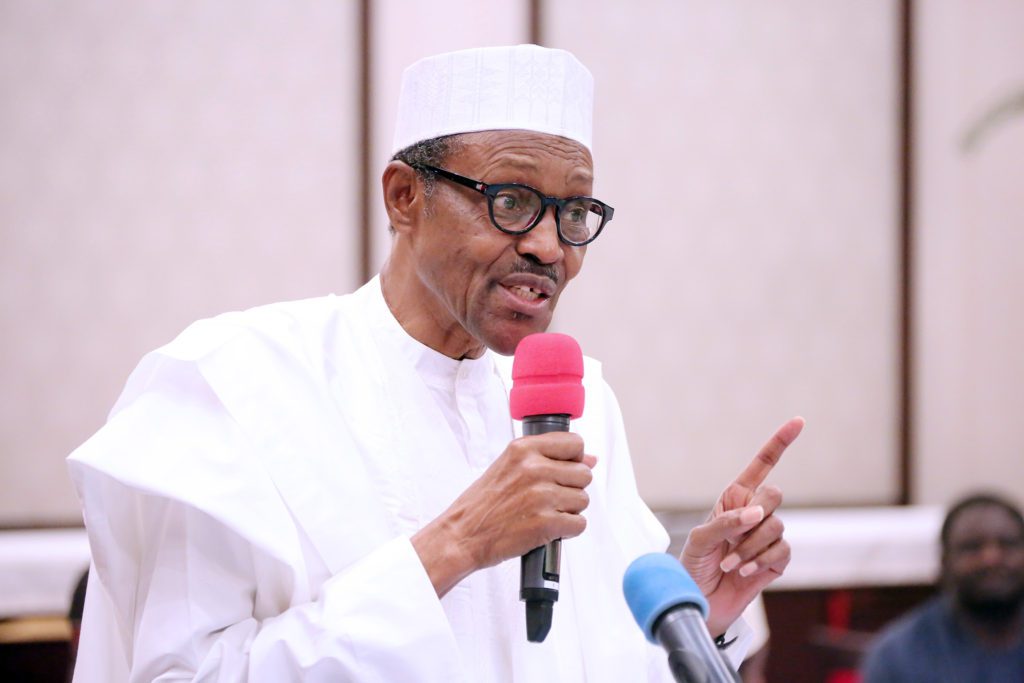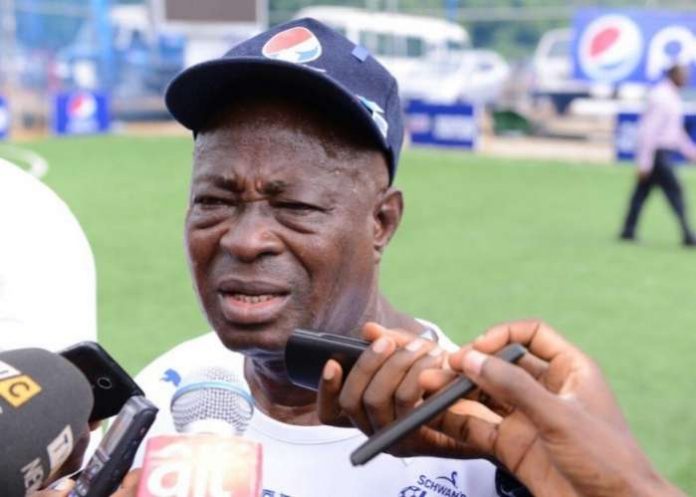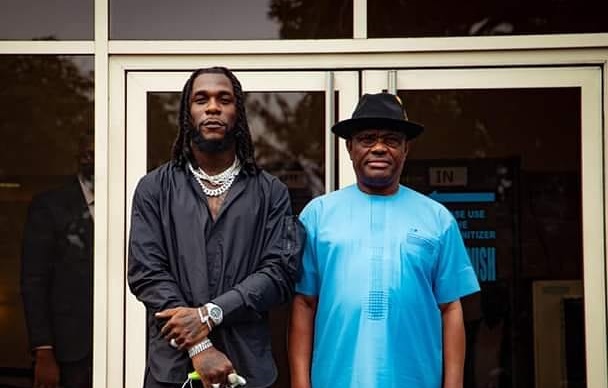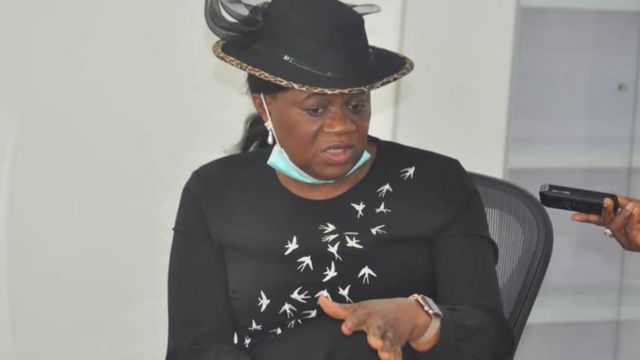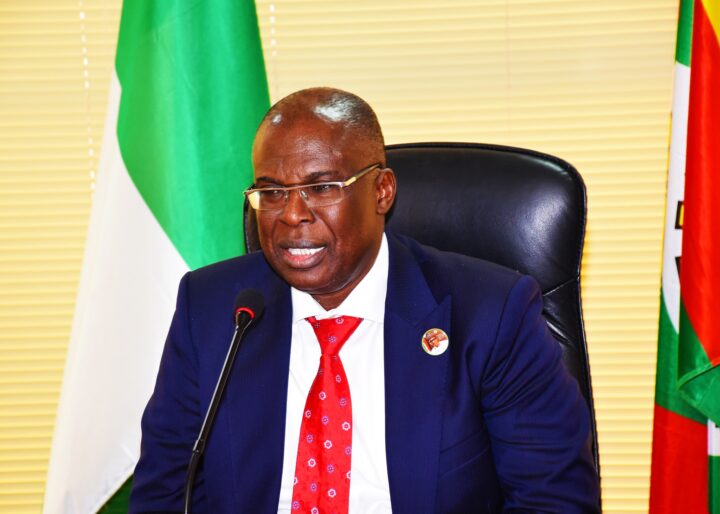President Muhammadu Buhari says Nigeria is better and stronger if it remains one nation.
Speaking on Monday at the 12th Asiwaju Bola Tinubu Colloquium held in Kano, the president said he saw first-hand the unspeakable horrors of the civil war, hence the need for the nation to strive towards peace and unity.
The president, who participated virtually at the event marking the 69th birthday of Tinubu, commended the celebrant for always being an advocate of unity and cohesion in Nigeria.
“Despite occasional inter-ethnic tensions in our national history, it seems to me that we have all agreed on one point that, notwithstanding our diversity of ethnicity, culture, language and religion, Nigerians are better together; even stronger together,” Buhari said.
Advertisement
“The ranks of Asiwaju’s political collaborators, whether as party members, comrades in the struggle, members of his cabinet, or his advisers, assistants and political associates, have always reflected a pan-Nigeria attitude.
“I believe all of us here can also confirm that the same outlook of Asiwaju Bola Tinubu and other like-minded Nigerians eventually made possible the coalition of four political parties into what we now see as our great party, the All Progressives Congress.
“I think this colloquium is a fitting reflection of the service that Asiwaju has given, not only to Lagos state, but to Nigeria and Africa; as well as his continuing commitment and influence, as one of the great pillars of our party, the All Progressives Congress (APC).
Advertisement
“I can also relate personally to the ideals of one Nigeria. As a military officer, I have served with great comrades from all the nooks and crannies of our country. I have seen over and over again that their goodness or failings did not depend on ethnicity or religion.
“In the course of my career, I have also been opportune to serve in all parts of Nigeria, seeing first-hand the enticing possibilities of a strong, united nation. More importantly, I fought for the unity of Nigeria during the civil war of 1967 to 1970, and I saw first-hand the unspeakable horrors of war, not just on fellow soldiers on both sides, but on the civilians: innocent children, women and elderly citizens that they left behind.”
Add a comment

